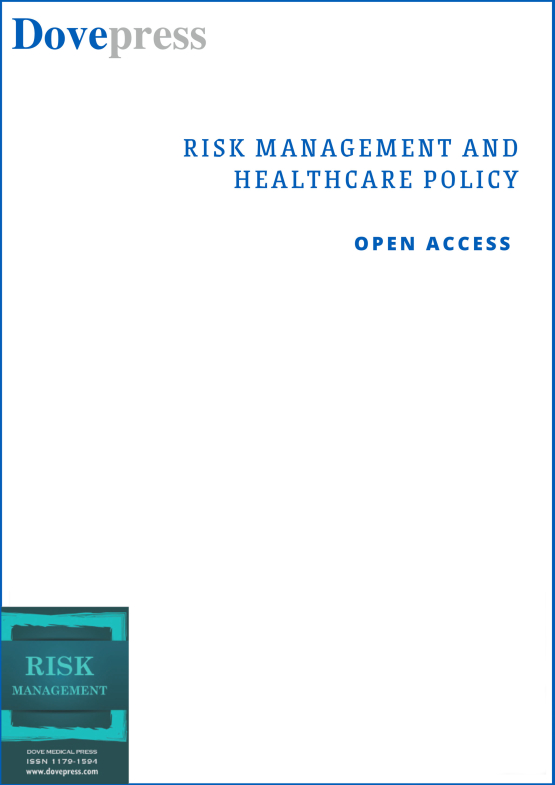Submit a Manuscript to the Journal
Risk Management and Healthcare Policy
For an Article Collection on
Rethinking Public Health Approaches to Crisis Response: Putting People First
Manuscript deadline
31 July 2024


Article collection guest advisor(s)
Prof. Susannah Mayhew,
London School of Hygiene & Tropical Medicine
[email protected]
Dr. Luisa Enria,
London School of Hygiene & Tropical Medicine
[email protected]
Dr. Alhaji U. N’jai,
University of Sierra Leone
[email protected]
Rethinking Public Health Approaches to Crisis Response: Putting People First
Recent decades have seen increasingly unpredictable outbreaks of zoonotic and emerging infectious diseases (such as SARS, Zika, Ebola, Covid), changing climate, widespread economic crises and regular outbreaks of violent conflict. The uncertainty of these crises makes it difficult to plan and meet the health needs of populations facing them. Moreover, indigenous knowledge and the experiences and views of affected populations are rarely considered as part of preparedness planning or crisis-response, despite being critical to it. Research on responses to epidemics highlights how a lack of community trust and involvement in formal response strategies undermines efforts to stop the spread of the disease and put people in life-threatening positions. Experiences from agriculture show the importance of local engagement in decision making when planning for climate-resilient livelihoods.
These experiences provide critical learning to redefine our thinking on emergency responses and global health security.
Research has called for greater commitment to involving a variety of local first responders in public health crises as a key step to establishing the inclusive, trust-based decision making critical for effective crisis response. However, there is little robust evidence from the health sector of “what works” or “why it works” for community engagement and involvement, the role of local knowledge or on how formal health sector and humanitarian crisis-response structures can support and sustain local action to safeguard health. Although guidelines exist on “risk communication and community engagement” they seldom detail genuinely participatory approaches or meaningful community-led action in shaping crisis-response and preparedness planning. Valuable local knowledge is therefore too often ignored.
This collection welcomes submissions that detail actions, experiences, models or mechanisms of the involvement of community members and local knowledge in responses to any clearly defined public health crisis. We welcome empirical data studies of any relevant study design, particularly those using participatory methods and those seeking to put local knowledge first. We especially welcome contributions led by authors from the global-South.
Benefits of publishing open access within Taylor & Francis
Global marketing and publicity, ensuring your research reaches the people you want it to.
Article Collections bring together the latest research on hot topics from influential researchers across the globe.
Rigorous peer review for every open access article.
Rapid online publication allowing you to share your work quickly.
Looking to Publish your Research?
Find out how to publish your research open access with Taylor & Francis Group.
Choose open accessSubmission Instructions
All manuscripts submitted to this Article Collection will undergo desk assessment and peer-review as part of our standard editorial process. Guest Advisors for this collection will not be involved in peer-reviewing manuscripts unless they are an existing member of the Editorial Board. Please review the journal Aims and Scope and author submission instructions prior to submitting a manuscript.